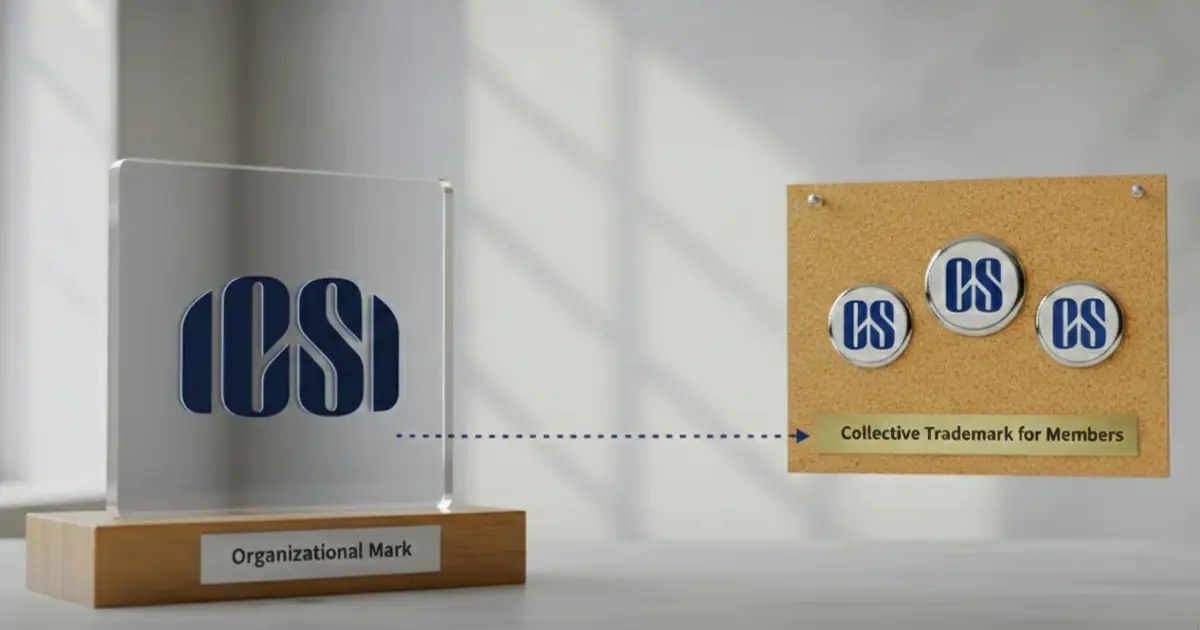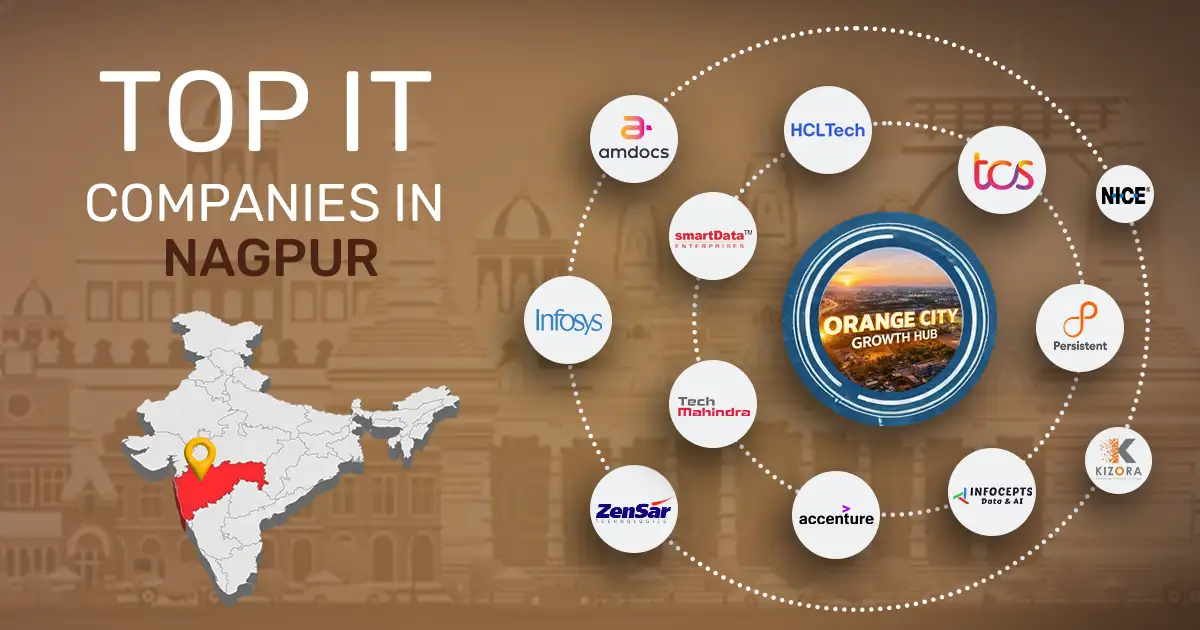When establishing a business presence in the United States, Indian entrepreneurs have several strategic choices regarding their legal structure. Each structure has different effects on your personal liability, taxes, and daily operations.
1. S Corporations
S Corporations (S-Corps) offer the liability protection of a corporation while avoiding the "double taxation" typically associated with C-Corps. This means profits and losses "pass through" directly to the shareholders' personal income tax returns, taxed only once at the individual level.
However, S-Corps come with restrictions, including a limit of 100 shareholders who must generally be U.S. citizens or residents, and only one class of stock is permitted. They are well-suited for small to medium-sized businesses whose owners wish to shield personal assets while benefiting from simplified tax reporting.
Note for Indian Nationals: S-Corps are generally not an option for non-resident foreign owners due to shareholder restrictions.
2. Corporate Entities (C-Corp)
A C-Corporation (C-Corp) is a distinct legal entity entirely separate from its owners, offering the strongest form of limited liability protection where shareholders' assets are shielded from business debts. The corporation pays taxes on its profits, and then shareholders are taxed again on any distributed dividends, leading to "double taxation."
C-Corps have no limits on the number or type of shareholders and can issue various classes of stock, making them ideal for raising significant capital, attracting diverse investors (including international), and eventually going public. They require more formal governance and compliance compared to other structures.
3. Nonprofit Organizations
Nonprofit Organizations are established for public benefit rather than private profit, focusing on charitable, educational, religious, or other social purposes. Upon meeting specific IRS criteria (most commonly 501(c)(3) status), they can obtain federal income tax exemption, and donations made to them are often tax-deductible for donors.
Nonprofits do not have owners but are governed by a board of directors, and any revenue generated is reinvested to further their mission. They are subject to strict public accountability requirements to maintain their tax-exempt status.
4. Limited Liability Companies (LLCs)
Limited Liability Companies (LLCs) are a popular hybrid structure that provides members (owners) with the limited personal liability protection of a corporation, separating personal assets from business debts. Simultaneously, they offer flexible "pass-through" taxation, where business profits and losses are reported on the owners' personal tax returns by default, avoiding double taxation.
LLCs are known for their operational flexibility, requiring fewer formalities than corporations, and have no restrictions on the number or type of owners, making them highly versatile for various small to medium-sized businesses and startups, including those with international founders.
5. Single-Person Businesses (Sole Proprietorships)
A Sole Proprietorship is the simplest and least formal business structure, where the individual owner and the business are legally the same. It requires minimal setup paperwork and provides the owner with complete control over all business operations and profits.
However, the critical drawback is unlimited personal liability, meaning the owner's assets are not protected and can be used to satisfy business debts or lawsuits. Business income and expenses are reported directly on the owner's tax return, making tax filing straightforward. This structure is typically favored by freelancers, independent contractors, or very small businesses with low risk profiles.
Note for Indian Nationals: This structure is not suitable for non-residents managing a business from abroad, as it is tied to an individual's personal identity and U.S. work authorization.











